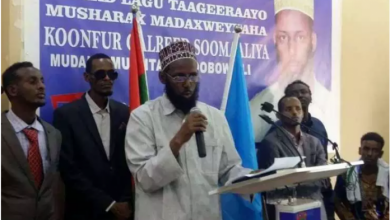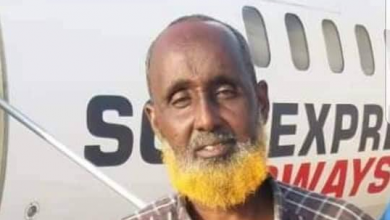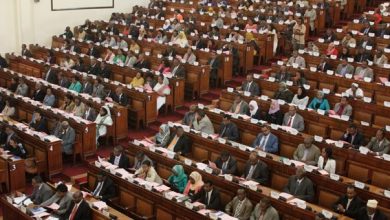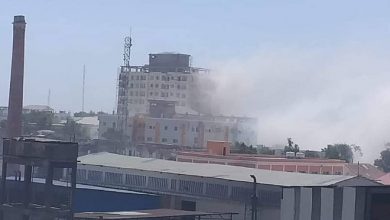Somalia Is Set To Decriminalize Journalism And Freedom Of Expression
The President of Somalia, Mohamed Abdullahi Mohamed “Farmaajo”, has today officially declared that Somalia’s outdated and draconian Penal Code of 1964 will be reformed to protect journalists and freedom of expression.
The President of Somalia, Mohamed Abdullahi Mohamed “Farmaajo”, has today officially declared that Somalia’s outdated and draconian Penal Code of 1964 will be reformed to protect journalists and freedom of expression.
In his official message for World Press Freedom Day, President Farmaajo said “Journalism is a noble profession & Penal Code of 1964 will be reformed to ensure it is not used against journalists. My administration fully supports the de-criminalisation of journalism & free expression through legal reform.”
Somali Penal Code is one of the biggest threats to media freedom in Somalia as it contains provisions of Insult, false news, sedition and certain types of defamation laws, which expressly criminalise various types of expression, preventing the media to report fairly on matters of public concern and the citizens on debating such matters. This archaic law is routinely used to arrest and jail journalists, leading to self-censorship and a stifling of public debate on critical issues.
In its World Press Freedom statement, the National Union of Somali Journalists (NUSOJ) called for the de-criminalisation of journalism and freedom of expression as journalists are regularly punished under the provisions of Somali Penal Code, and in this morning NUSOJ appealed to President Farmaajo to use his constitutional powers to safeguard journalists’ rights and freedom of expression from this repressive law.
“While we commend the President for taking this important and remarkable step, we urge the government and the members of the Federal Parliament to speedily reform the penal code in line with the international standards of freedom of expression and pass a progressive criminal law that respects and protects civil liberties of the citizens,” said Omar Faruk Osman, Secretary General of NUSOJ.
“There is no doubt that journalists have an obligation to report fairly, ethically and accurately on the events of the day but using criminal defamation, insult, false news and sedition laws is not compatible in a nation that seeks to embrace democratic principles and respect for fundamental human rights,” declared Osman.
The African Union’s human rights body, African Commission on Human and Peoples’ Rights (ACHPR), passed Resolution 169 which called on State Parties to the African Charter on Human and Peoples’ Rights, including Somalia, to repeal criminal defamation laws or insult laws which impede freedom of expression.





